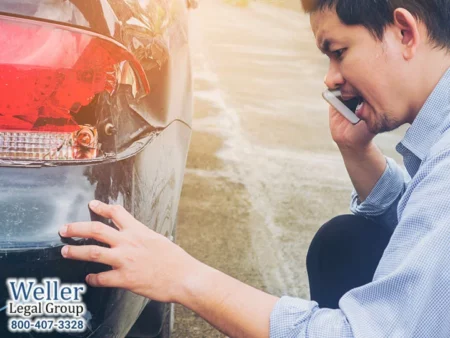Treatment of Auto Accident That Occurred After the Filing of Bankruptcy
If a Debtor files Bankruptcy and following the filing of the Bankruptcy, the Debtor is in an auto accident, then how such accident is treated by the bankruptcy trustee depends heavily upon whether the Debtor filed a Chapter 7 or a Chapter 13 Bankruptcy. Bankruptcy Code Section 541(a) states that the commencement or filing of the bankruptcy case creates an estate. This is referred to as the bankruptcy estate. The bankruptcy estate, according to Bankruptcy Code Section 541(a)(1) consists of all legal and equitable interests Read More +



